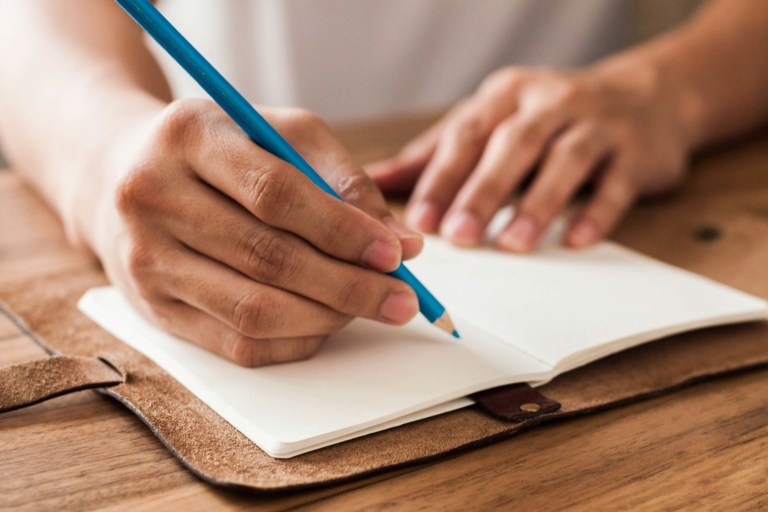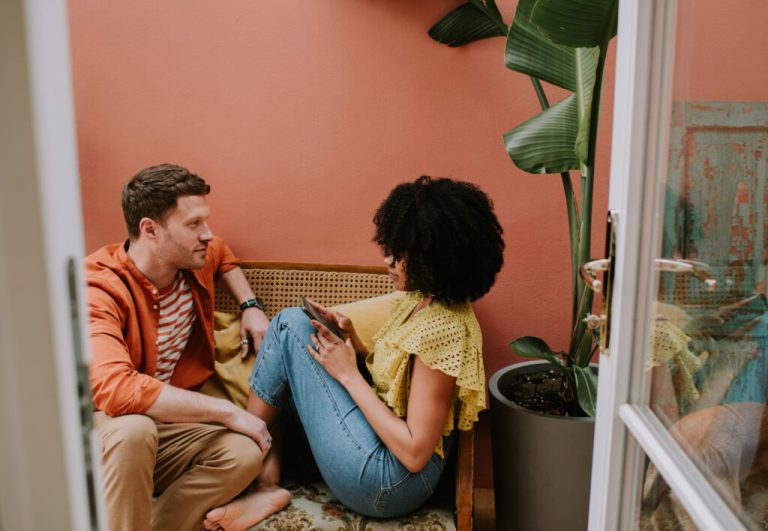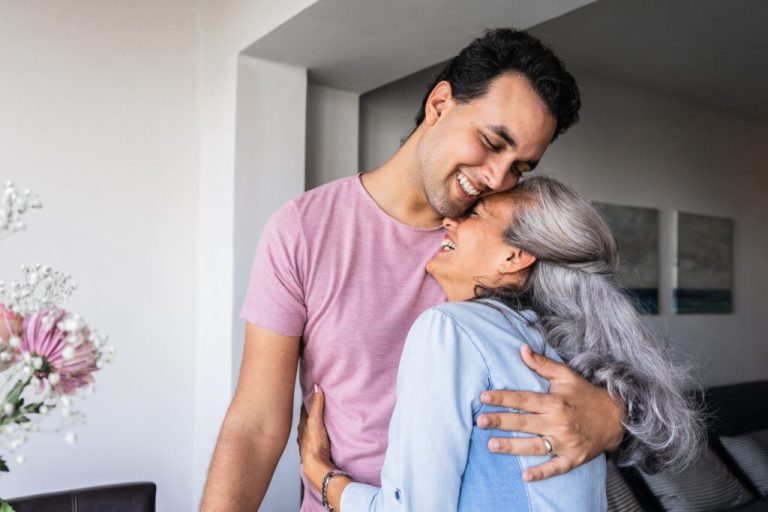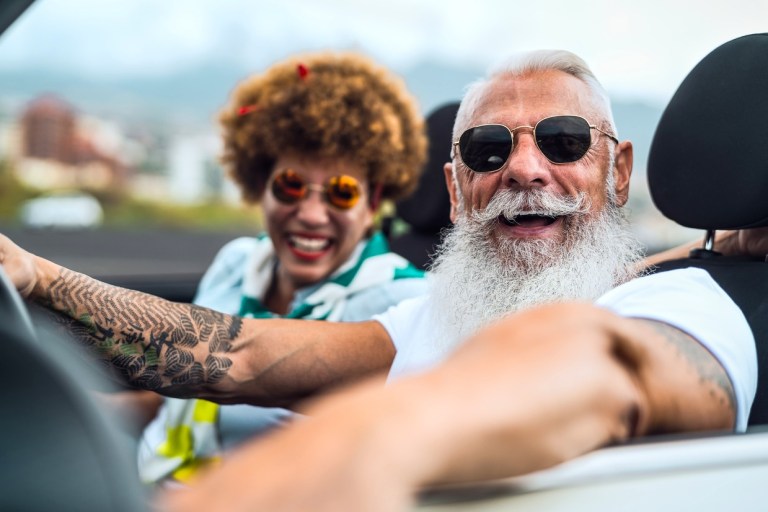For those who yearn to stroll smiling into a party with the certainty they’ll make a good impression, or assuredly share their ideas in an important meeting, confidence can be the most coveted of psychological states.
But it’s also a tricky subject to break down. On the one hand, confidence has been associated with increased mental health and job satisfaction; on the other, there’s the Dunning-Kruger Effect, a cognitive bias in which the least-skilled people tend to overestimate their capabilities the most.
Suggestions for cultivating more confidence can come with caveats, too. Take power posing, for example, developed by social psychologist and former Harvard professor Amy Cuddy and made popular by her 2012 TED Talk. A kind of physical incarnation of the “fake it until you make it” mentality, power posing is based on the idea that when we assume certain “powerful” stances (like hands on our hips a la Wonder Woman), the brain takes a cue from the body, so to speak.
However, it frequently seems that as soon as an exciting concept like this gains traction, other research comes along to refute it. Cuddy and her team’s small initial experiment proved difficult to replicate, and in 2019, the topic was taken on by Iowa State University researcher Marcus Credé, who reviewed 40 studies on power posing and determined it had no actual effect.
And what of those who seemingly need not concern themselves with power poses or other life hacks of the sort; who’ve never experienced imposter syndrome, that feeling of being a phony despite having undeniable skills in a certain field; who merely are and always will be confident?
While our perceptions of these individuals may be colored by our own desire to be as self-assured as they appear, and, in fact, speak little to what’s actually going on in another person’s mind, it’s certainly true that some are more confident than others.
So where does self-confidence — or the “trust in one’s abilities, capacities, and judgment,” per the American Psychological Association — come from? Is it innate? Fostered through experience? Increased through intentional practice? The answer is a bit of everything.
Where Confidence Comes From
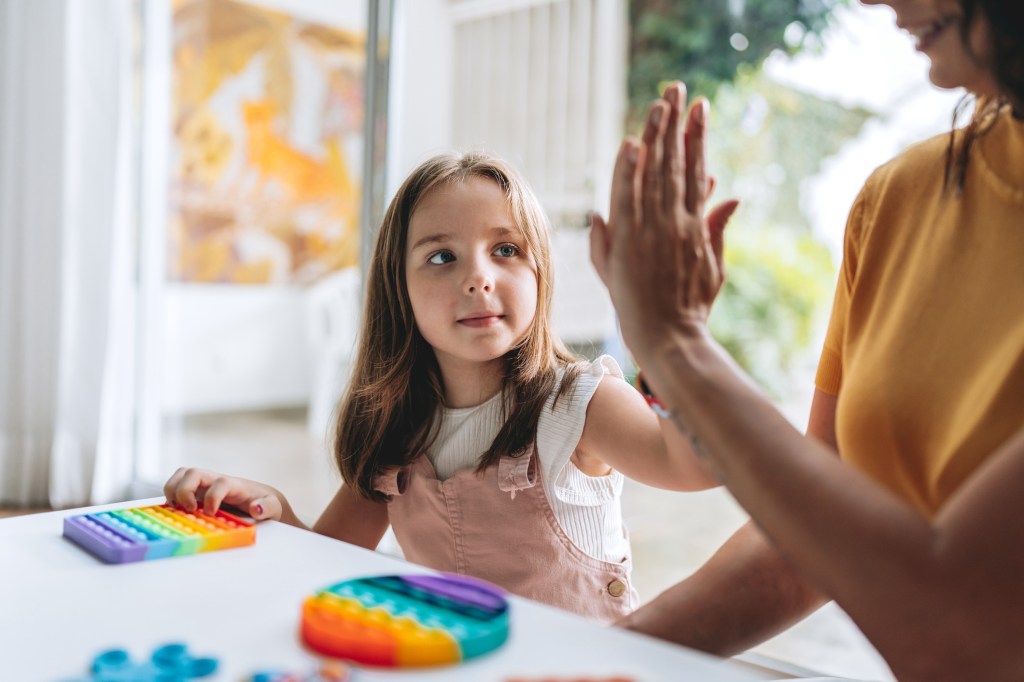
Genetics
According to psychologist Barbara Markway, author of The Self-Confidence Workbook: A Guide to Overcoming Self-Doubt and Improving Self-Esteem, between 25%-50% of personality traits linked with confidence may be inherited. Writing for Psychology Today, she cited the neurotransmitters serotonin and oxytocin as being involved in boosting confidence and noted that the amount of each our brain can access is influenced by our genetic makeup. She also pointed to temperament as something that influences our behavior, making us more or less inclined to act in an uninhibited manner.
In a 2009 study out of King’s College London, 3,785 pairs of twins between the ages of 7 and 10 were asked to rate their abilities on several academic subjects. Researchers determined that the children’s levels of self-confidence were influenced 50% by nature and 50% by nurture — also known as life experience.
“The specific genes involved in academic self-confidence remain to be identified, but we expect them to be many genes of small effect size, and their effects will be probabilistic rather than deterministic,” lead author Corina Greven said at the time. “That is, just because self-confidence is partly genetic, it does not mean that self-confidence cannot be changed by environmental influences.”
Life Experience
Beginning in our youth, everything we experience — from traumatic events to gender-based societal conditioning — can impact the people we become.
“Scores of studies show women are socialized to worry more about how they’re perceived and, therefore, to take fewer risks,” Markway explained in PT. “Racial and cultural background and sexual orientation can make a difference, too. If you’ve been on the receiving end of discrimination, you may have internalized some negative, untrue messages about your potential and whether you ‘belong.’”
It’s not all bad, of course. Life experience includes the positive relationships we’ve built, whether with parents who heaped on positive encouragement and created safe spaces for us to try new things, or with friends who cheer us on.
Confidence is also born from our past achievements, times we’ve set out to do something and succeeded, particularly when the task involved overcoming obstacles.
How to Get More of It
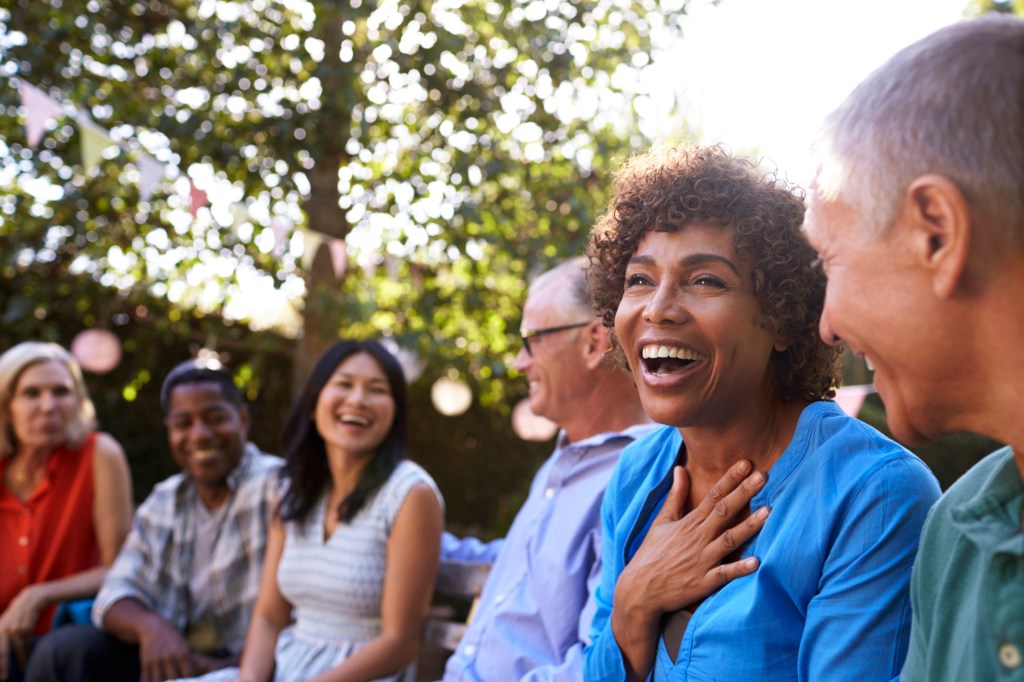
Though the idea of power posing as an elixir for self-assurance may have conflicting data behind it, there are some more general ways to help cultivate confidence even if you feel like neither nature nor nurture is on your side.
Mastery Experiences
Self-efficacy is a closely related concept to confidence: Per the APA, it “reflects confidence in the ability to exert control over one’s own motivation, behavior, and social environment.”
Stanford social cognitive psychologist Albert Bandura developed our definition and understanding of self-efficacy and elucidated the important role it plays in our lives. He also enumerated four essential ways of building it, the first and foremost being “mastery experiences.”
“The most effective way of creating a strong sense of efficacy is through mastery experiences,” Bandura wrote in his 1995 book Self-Efficacy in Changing Societies. “They provide the most authentic evidence of whether one can muster whatever it takes to succeed.”
One way to tap into the power of mastery experiences is to set goals for yourself that require some effort and hardwork but are overall attainable and realistic. Using the SMART goal system is a great way to do this. Learn about it and other science-backed methods here.
Learn Something New
Going hand-in-hand with the former entry, learning a new skill offers the opportunity to watch yourself evolve and accomplish something. Choose an activity that speaks to your interests or curiosity rather than one you think you should do, and then enjoy the process.
“Being a beginner again is tough, but it shows you can still accomplish new things and find enjoyment in them,” Fred Silverstone, founder of the Successful Aging through Group Engagement program at Harvard-affiliated McLean Hospital, explained in a Harvard Medical School blog post. “This also reminds you that it’s OK to make mistakes, so you can improve and grow, which helps build self-confidence.”
… Or Do More of What You’re Already Good at
We feel good about ourselves when we’re doing things that showcase our skills or talents, things that we already possess some degree of self-assurance in. So if you’re stuck in a daily routine that doesn’t involve many of your strengths, it stands to reason that an overall sense of self-confidence may start to evade you.
Make sure you’re partaking in the activities in which you shine, be that playing trivia at a pub or baking treats for your friends and coworkers. On a larger scale, it may be helpful to take stock of whether or not you’re in a job that utilizes your gifts to the highest degree.
Additionally, doing good for others can boost self-esteem, another closely related concept to self-confidence. It could also prove to be a way of discovering new talents or building new skills. Take a look on SamaritanScout.org or VolunteerMatch.org to find opportunities near you.
Practice Mindfulness
It sometimes seems like mindfulness is being offered up as a cure-all for everything these days, but it may be helpful in this arena insofar as not being mindful could impede the self-confidence you’re trying to build. When you’re focusing on the present moment, you’re not focusing on negative self-talk — the last thing you need during a presentation or a social event you’re nervous about.
A mindfulness meditation practice can help you learn to disengage from your inner critic by acknowledging that those thoughts are simply thoughts, and do not dictate or define who you are. Learn about improving self-esteem via mindfulness, and try this three-step meditation for countering negative thoughts.
Spend Time With Positive People
As we discussed previously, relationships contribute to our life experiences, and our life experiences contribute to our levels of self-confidence. Ask yourself if the people you surround yourself with are boosting your feelings of joy and sense of self-worth or doing the opposite.
“The people you spend time with can influence your thoughts and attitudes about yourself, perhaps more than you realize,” writes licensed clinical social worker Amy Morin for Verywell Mind. “So, pay attention to how others make you feel. If you feel bad about yourself after hanging out with a particular person, it may be time to say goodbye.”
As we get older, it can be harder and harder to find new friends we connect with. If you’re looking for more positive vibes, consider joining a running group or book club, taking part in a volunteer opportunity, getting involved in your religious community, or downloading a friendship app to meet new people.
Remember: Although it can be uncomfortable to try something new and expand our circles of connection, it’s in these moments that we grow confidence and prove to ourselves just how capable we are of accomplishing hard things.
RELATED: From Close to Convenient: The 7 Types of Friendships Everyone Needs

